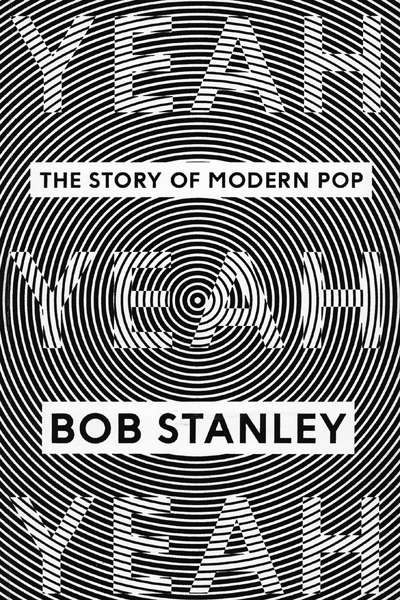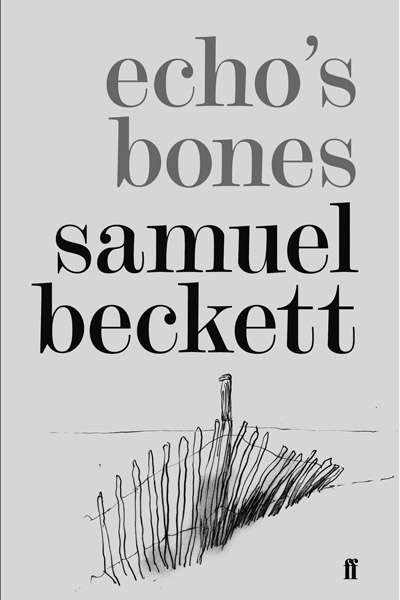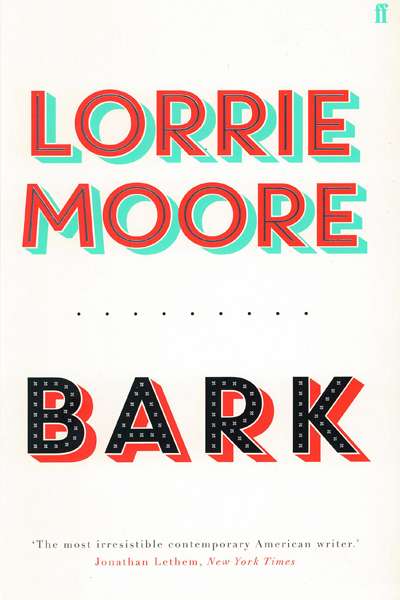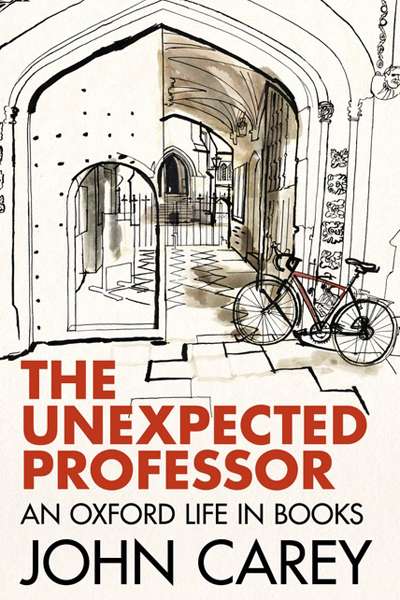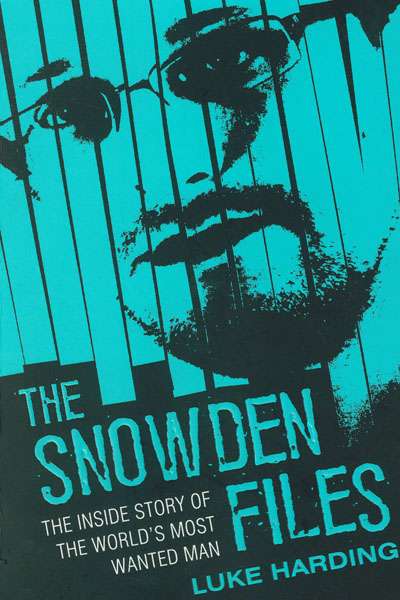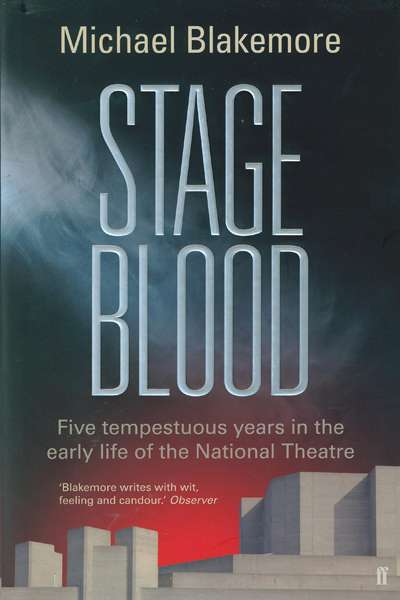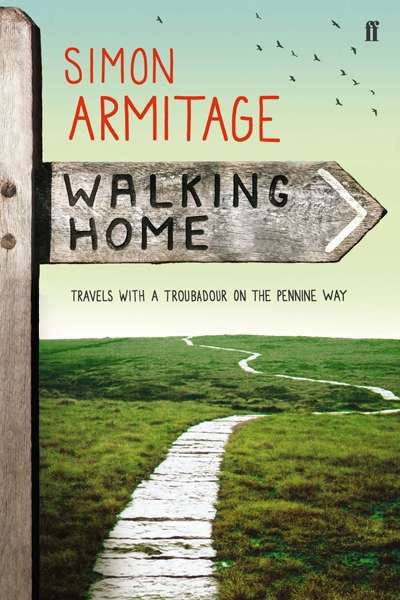Faber & Faber
The Poems of T.S. Eliot edited by Christopher Ricks and Jim McCue & The Poems of T.S. Eliot edited by Christopher Ricks and Jim McCue
by Benjamin Madden •
A Pianist’s A–Z: A Piano Lover’s Reader by Alfred Brendel with Michael Morley
by Dina Ross •
The Unexpected Professor: An Oxford life in books by John Carey
by Colin Steele •
The Snowden Files by Luke Harding & No Place to Hide by Glenn Greenwald
by James Der Derian •
Country Girl by Edna O’Brien & The Love Object by Edna O’Brien
by Morag Fraser •
Stage Blood: Five Tempestuous Years in the Early Life of the National Theatre by Michael Blakemore
by Brian McFarlane •


